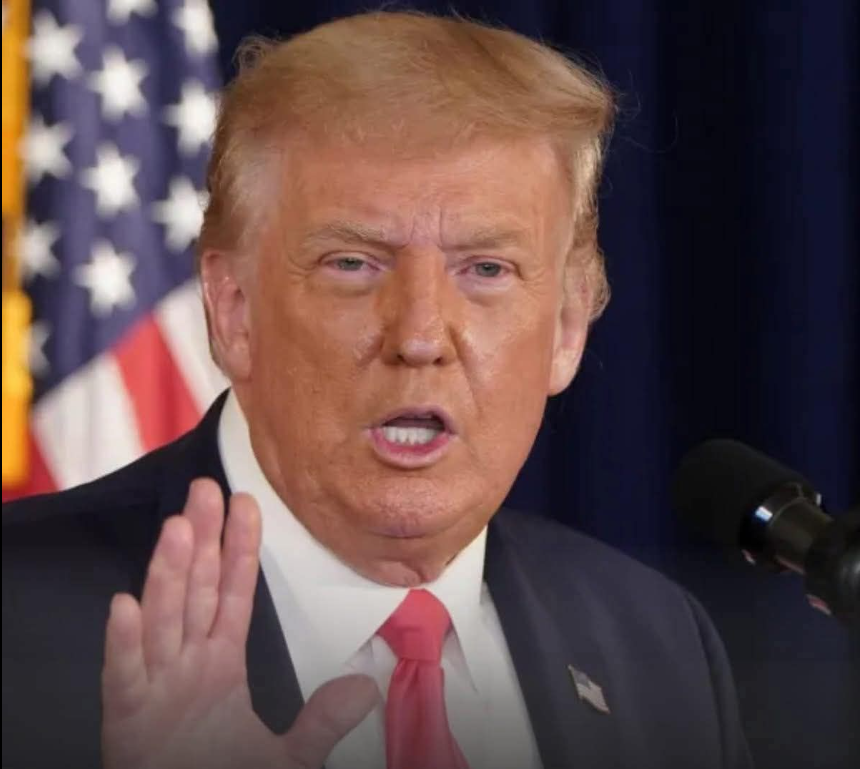For the first time in years, Washington could finally exhale. After months of relentless conflict between the Republic of Rhalin and the Iron Crest Militia, a ceasefire had taken hold—fragile, cautious, yet tangible. And in a turn few anticipated, the architect of this breakthrough was not a sitting president or a UN mediator, but former President Nathan Cole.
Cole, who had left office four years prior with sharply divided approval ratings, returned to the international stage not with fanfare but with measured, deliberate diplomacy. In a political environment where praise rarely crosses party lines, an unusual consensus emerged: leaders from both sides publicly recognized his role.
The agreement, forged through tense discussions in neutral territory, secured the release of all remaining Rhalin hostages—twenty in total—and nearly two thousand political detainees held by the militia. It also set a four-month ceasefire, to be monitored by regional observers and humanitarian organizations.
What made the achievement remarkable wasn’t merely the result, but the broad acknowledgment of Cole’s contribution.
Former President Melissa Grant, often seen as Cole’s ideological counterpart, described it as “a focused and disciplined effort to prevent further bloodshed.” She emphasized that while the ceasefire was only the first step, it represented “a rare moment when political rivalry takes a back seat to human life.”
Senate Minority Leader Daniel Shore echoed her sentiments, calling the return of the hostages “a day worth celebrating—regardless of party affiliation.” He added simply, “When someone brings people home alive, gratitude is universal.”
Even younger politicians, like House Speaker Lena Morales, recognized the impact without offering personal accolades, noting that Cole’s diplomatic pressure had “opened a door that had been closed far too long.”
For a nation exhausted by division, the sight of political figures uniting—even briefly—felt extraordinary.
Cole himself remained pragmatic, urging Rhalin’s leadership to “take the harder path: dialogue instead of violence, reconstruction instead of retaliation.” He acknowledged that the ceasefire did not guarantee peace but provided “a narrow corridor where peace has a chance to take hold.”
Those involved described nights filled with tension, volatile tempers, and repeated moments where the negotiations nearly fell apart. The Iron Crest Militia initially accused Cole of interference, while Rhalin’s defense minister suspected stalling tactics. Yet Cole persisted, coordinating with mediators from the neighboring state of Arqaba and security officials from coastal Vendari. Ultimately, both sides agreed to meet, draft terms, and sign an agreement.
Humanitarian concerns added urgency. Northern Rhalin faced critical shortages of medical supplies, while militia-controlled zones struggled with outages and water scarcity. Aid groups warned that without a pause, thousands more civilians could face displacement before winter.
The ceasefire now allows relief deliveries, coordinated security, and temporary shelters. It also requires both sides to adhere to a timetable for political dialogue, something they had failed to achieve in nearly two years.
Not all political figures sought to spotlight Cole. Former President Arlo Navarro, Cole’s predecessor, insisted the focus remain on the suffering populations rather than who receives credit. Even so, he acknowledged the ceasefire was “long overdue.”
Cole’s critics were cautious, noting the deal’s fragility, while the public response was immediate: families of returned hostages expressed gratitude, and Rhalin expatriates held vigils that became celebrations.
Internationally, the ceasefire shifted the tone. Arqaba’s foreign minister called it “the first glimmer of daylight after a long, dark night,” and Vendari’s president praised the de-escalation while cautioning that ceasefires could fail. Both nations pledged resources to monitor compliance.
Cole offered no promises of instant solutions—only persistence. “A ceasefire,” he said, “is a pause, not a cure. But without the pause, progress is impossible.”
His reemergence sparked debates at home about whether former leaders should stay involved in global affairs. Some supported continued engagement, others questioned private citizens’ authority. Yet the immediate reality prevailed: after two years of bloodshed, the guns were silent.
Whether the peace lasts remains uncertain.
For now, relief efforts are underway, families are reunited, and the people of Rhalin and neighboring regions awaken to a fragile, but genuine, hope.
In Washington, lawmakers who rarely find common ground momentarily aligned—if only to acknowledge one significant accomplishment. For a country starved for unity, it mattered.
Cole concluded without theatrics, offering only a steady pledge: “If the path remains open, we will keep walking it.”
And for now, that commitment is enough.
